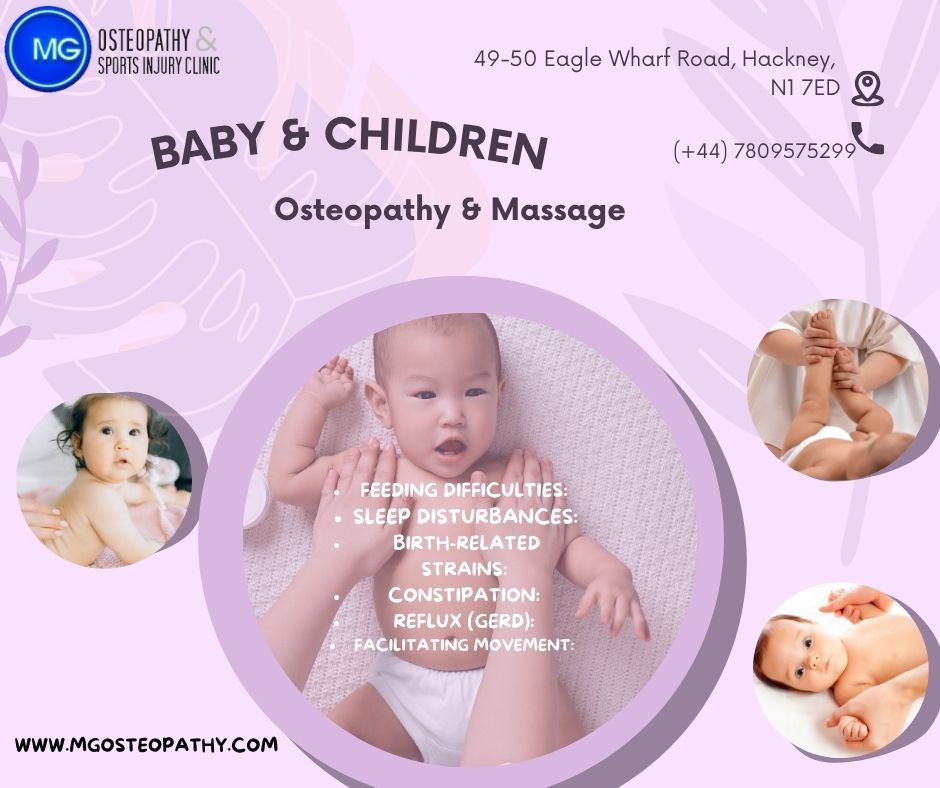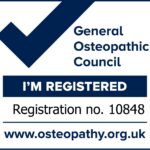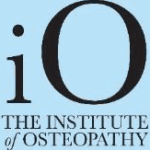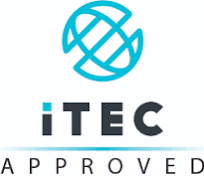The journey from birth to childhood is full of growth, development, and learning. However, some babies experience discomfort, feeding challenges, or developmental issues shortly after birth. Conditions like feeding difficulties, jaw tension, plagiocephaly (flat head syndrome), and torticollis (neck tightness) are common and can cause concern for parents. Fortunately, Pediatric Osteopathy offers a gentle and effective approach to support your child’s health and well-being.
Common Concerns in Babies That Osteopathy Can Help With
After birth, babies can experience a range of physical challenges that affect their development. Pediatric osteopathy is a non-invasive therapy that can assist with:
- Feeding difficulties: Babies may struggle to latch or feed properly due to jaw tension or tightness in the neck and jaw muscles.
- Jaw tension due to birth: Babies born through assisted deliveries (such as vacuum or forceps) may experience increased tension in the jaw and neck, which can affect feeding and comfort.
- Plagiocephaly (Flat Head Syndrome): A condition where the baby’s head develops a flat spot, usually due to prolonged pressure on one side of the skull.
- Torticollis (Neck Tightness): A condition where the neck muscles become tight or shortened, causing the head to tilt to one side.
- Unsettled behavior or increased irritability
- Muscle tightness or tension
- Excessive crying or discomfort
- Sleeping difficulties
- Digestive problems, such as reflux, colic, and constipation
Osteopathy focuses on gently releasing muscle tension, improving circulation, and promoting healthy development. For feeding difficulties, osteopathy can help release tension in the jaw and neck, improving the baby’s ability to latch and feed. In cases of plagiocephaly and torticollis, osteopathy can relieve tightness and promote healthy skull shaping and neck mobility.
In a Paediatric Osteopathic Session, You Can Expect:
Generalised and Osteopathic Medical Assessment
The osteopath will ask about your child’s medical history, including any concerns, and assess their movement, posture, and overall health. They may also check for any musculoskeletal imbalances or restrictions.
Gentle Treatment:
Techniques like soft tissue manipulation, cranial osteopathy (for infants), and gentle joint movements are used to relieve tension and improve mobility.
Parental Involvement:
Parents are encouraged to stay with their child to offer comfort and reassurance.
Post-Treatment Advice:
The osteopath may provide tips on exercises or home care and recommend follow-up sessions if needed.
Collaborative Care for Your Child
We work closely with a network of local healthcare professionals, including lactation consultants, midwives, tongue-tie specialists, and other specialists, to ensure your child receives the most comprehensive care. This collaborative approach ensures your child’s unique needs are addressed in the best possible way.
Start Your Child’s Health Journey Today
If your baby is experiencing feeding difficulties, jaw tension, plagiocephaly, torticollis, or any of the other issues mentioned above, pediatric osteopathy can help. Early treatment can relieve discomfort, promote healthy development, and help your child thrive.
Book a free telephone consultation today to learn more about how pediatric osteopathy can support your child’s well-being. We’re here to answer your questions and help you take the first step toward supporting your child’s health.
Why Book an Initial Baby Osteopathy Consultation?
At MG Osteopathy, we create personalized treatment plans for your condition. Our experienced osteopaths will assess your areas of concern and design a customised plan to reduce pain, improve mobility and build strength.
Book today to schedule your appointment and improve your health!





